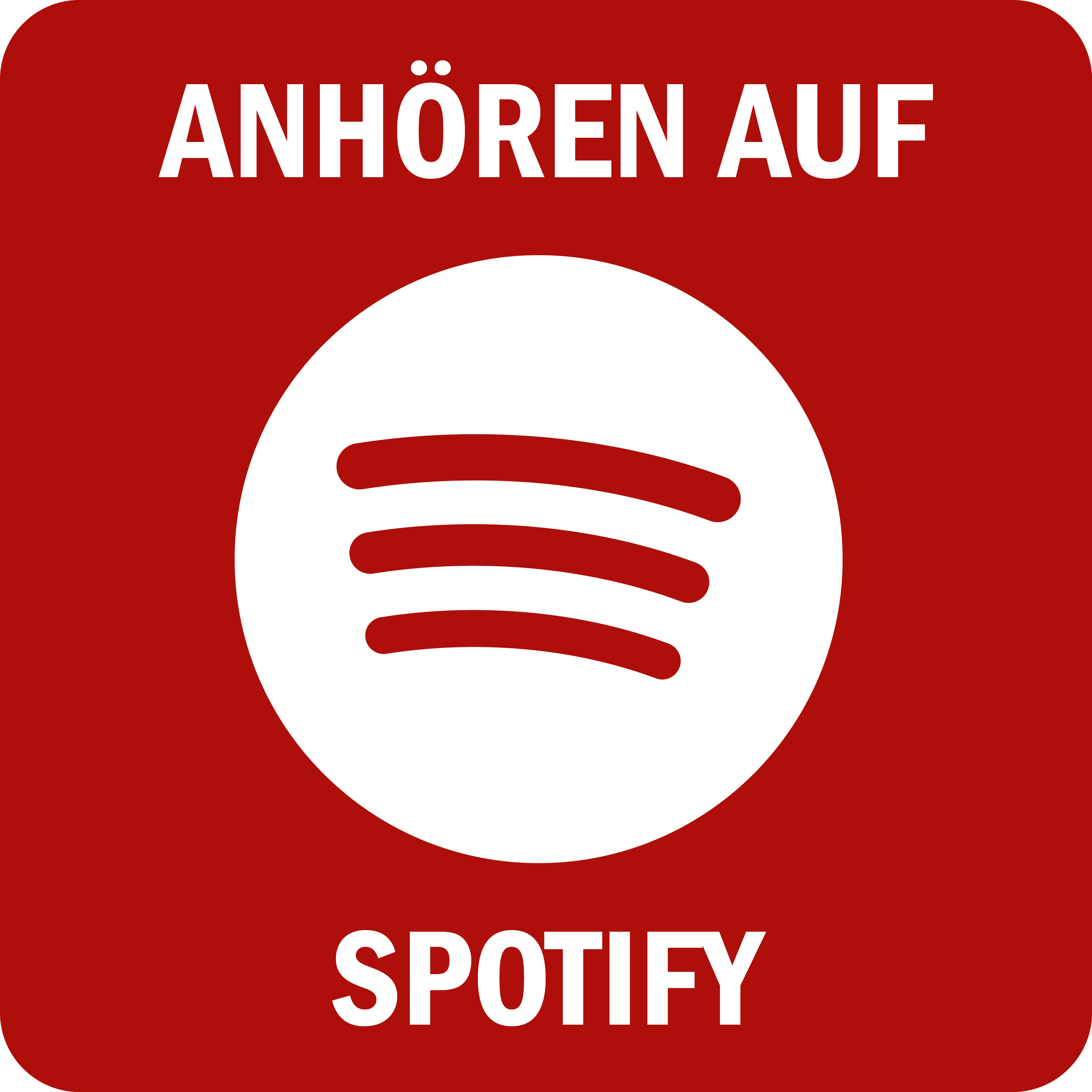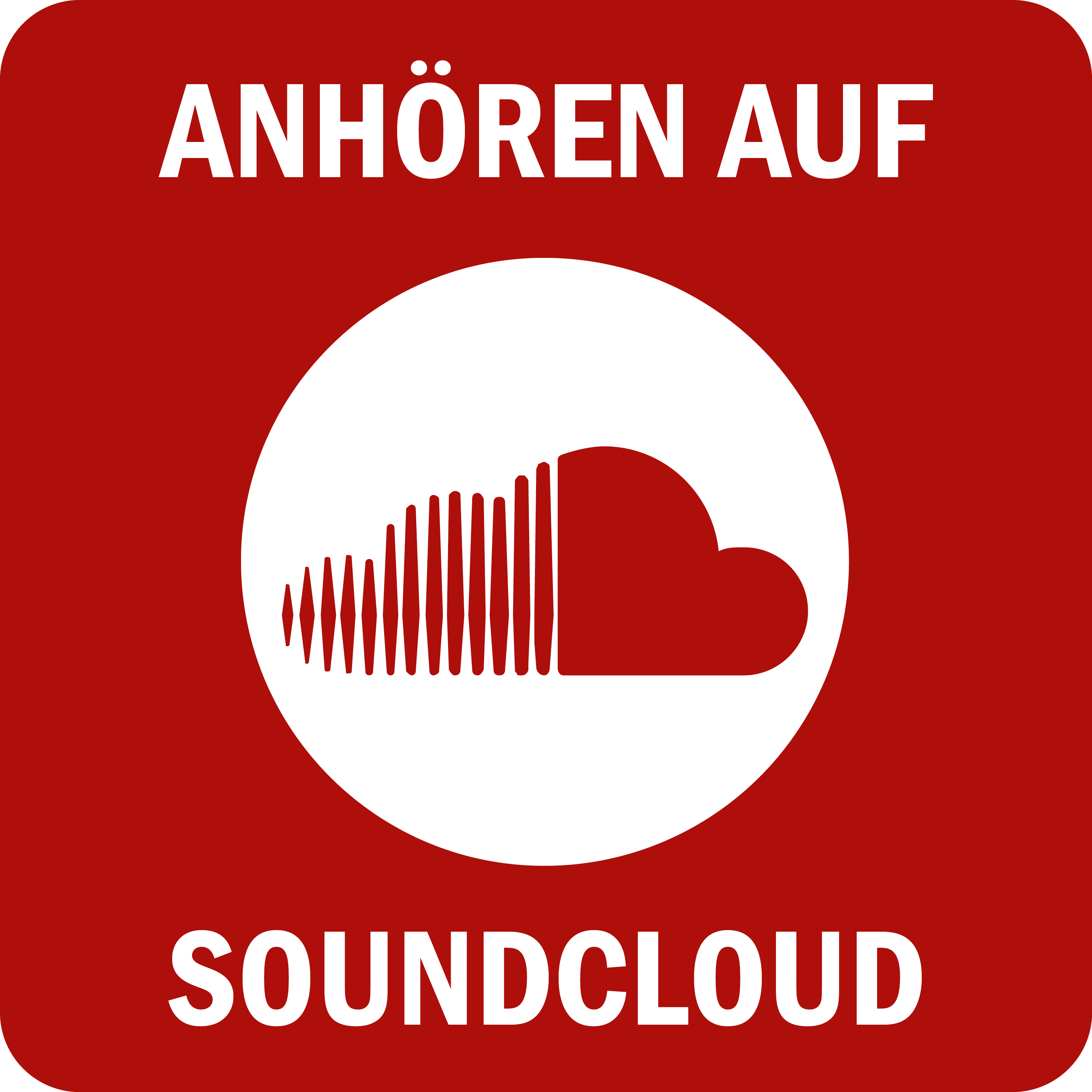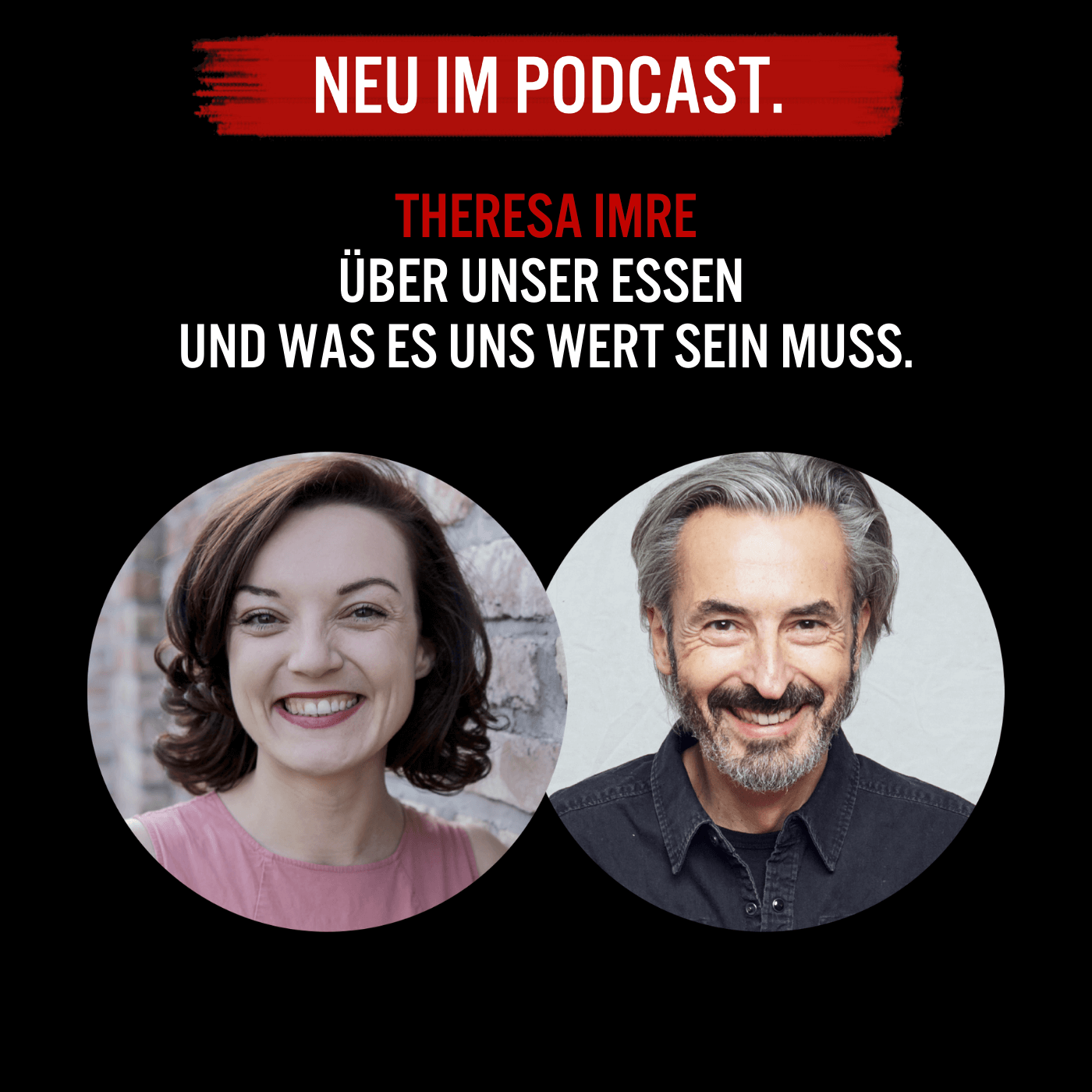While perspective, focus & meaning are high on the list of scarcities (apart from empathy), frustration is probably currently at the top of the abundance column (apart from stuff).
We have enough. More than enough.
We have enough stuff in our cupboards and cellars and attics. And above all, we've had enough: of all the restrictions, upsets and confusions that have been directing a large part of our everyday lives since the outbreak of the pandemic. Aren't you fed up too? I am, and my model actually fits all sorts of things ...
TOO LAZY TO READ ON? THEN LISTEN TO ME:
In the blogcast, I read this recent blog article to you. With emphasis, of course!
For months now, no conversation has been able to get by without this topic. Infection incidents, reproduction figures, measures, big sayings, little ghosts, lights on the horizon, baby elephants ... God knows Corona is hanging us out to dry, bingewatching is becoming more and more insipid, and frustration shopping anyway; especially since it's no longer cool to shop at Amazon or pick at H&M. That used to be cool at the turn of the millennium, right?
At that time, "Fight Club", Chuck Palahniuk's most popular novel to date, came onto the market, and in 1999 the film was released (B: Jim Uhl, R: David Fincher). Robert Quillen's definition of Americanism from the 1920s became a popular hit with Tyler Durden in "Fight Club": "Using money you haven't earned to buy things you don't need to impress people you don't like.
This is how civilisation turns into too much civilisation, day in, day out. Or, to quote Tyler: "You buy furniture. You tell yourself, this is the last sofa you'll ever need in your life; no matter what else goes wrong, you've got the sofa issue handled. Then the right set of dishes. Then the right bed. The drapes. The rug. This is how you're good to yourself. This is how you fill up your life."
Are you still filling, or are you already feeling?
What are we filling into our lives with all this shopping? And why is there so much free space in our lives? What is missing, please? A sofa?
"Fight Club" served us with a multi-layered web of metaphors; Sophie Kinsella made it much easier for us ten years later with her "Confessions of a Shopaholic": Rebecca - we know her from the film adaptation (B: Tim Firth, Tracey Jackson, R: P. J. Hogan) - is super frustrated by her job, among other things, and buys her way out of frustration via shopping sprees. Naturally, this is as successful as all the other desperate attempts to get drunk. The germ of failure already lies in the experimental set-up.
After all, despite all the desperate missions in this direction, not a single problem has been solved on the outside that actually arises on the inside. Frustration is one such problem. It doesn't matter whether we buy ourselves many, many beautiful things so that we feel beautiful ourselves; shoot our brains out with gin and tonics so that we don't feel anything anymore; or smash each other's faces so that we feel anything at all: it doesn't work. Sorry.
Thanks to digital tools, you can bring the bundled experience from "Fight Club" and "Shopaholic" into your own practical experience in a very comodely way if you order a few nice things on Amazon and proudly announce it on Twitter: Special class food polish guaranteed.
An image or just imagination?
"In the eyes of the public, we are not what we are, but what we are thought to be", the wise Paul Lazarsfeld wrote behind our ears. However, in fact and truth, we are and remain what we are.
"Flos in pictura non est flos", as we Latin tutoring students like to say in conversation when it's past. A flower in a picture is not a flower, but only its image, and whoever paints a flower does not paint the scent of the flower.
We don't solve anything with our public image, because the public image is ultimately nothing more than another frame around ... yes, around what?
About what we would like to be?
About the appearance of being?
About a yawning inner emptiness?
About the unfound why?
So we are always looking for new things to define ourselves by, but looking where we will never find them: outside the door. Like the drunk who crawls on all fours around a street lamp in the night looking for his flat key, which he didn't lose here, but unfortunately there is no light where he lost it.
So we search frantically for the key to - yes, to what? What is missing, especially in a society where most people have too much, many have more than they need, and almost everyone has enough?
It seems to me that most people lack what they need, and most of them are looking for it in the wrong place. They lack meaning. They look for it in the cone of light that falls on our existence from the outside, and not in our dark interior, where we have lost it, the key to meaning.
We know there's a sign on the key ring that reads Purpose, Why, Destiny and things like that, which we know from the spines of the books in our self-help guidebook pile on the bedside table. We also know them from the sharked quotes in the Instagram feed we check on the brightly lit smartphone before we read emails, before we read news, before we answer WhatsApp messages, before we check the Instagram feed, before we get up, before we say "Good morning!", before we check the Instagram feed again and then post our breakfast - finally surprising the world with us and our green smoothie, which we do every day. Or something with oat milk. "Look, I can afford to give up!" is the name of this story, and our inner Tyler Durden is taking off his gloves ...
Yeah, what we eat. That's another thing ... You'd think that humans, who are the most intelligent creatures on the planet according to the parameters of science, can't be the only creatures on the planet that destroy their habitat through the production of their food - and themselves, too, through what they eat and how much of it.
In the last post, I wrote about our eating habits in this context: I don't know what refined coconut oil, smoke flavouring, cellulose, methylcellulose, maltodextrin, ascorbic acid or modified starch is, but I'll suck it up after I post it on Instagram... This wasn't a loose compilation from my awesome recipe book, but is served to you in this combo by Beyond Meat sorcerers. I'm not assuming this is toxic, but would still put a thought into whether you might be nutritionally better off eating the packaging and disposing of the contents. Or something else altogether?
Art or artificial?
But good old convenience! That was the idea, in sum, to buy oneself free of frustration. Because it's quicker, because it's easier, because it's safer. This has been successful time and again, because the fear of failure is not only in our bones, but also in our genes - on a large scale as well as in everyday life.
So you save yourself the frustration of unsuccessful photos with cameras that you can't adjust; the frustration of heavy bottles with plastic; the frustration of time-consuming cooking with ready-made meals and delivery services. All practical, but most of the time it remained an illusion, with which doing-as-if was elevated to an alternative reality, but ultimately made the difference between art and artificial tangible.
With our food, that's practically unbroken. Just because it looks like that, is called that and maybe even tastes like that, waddled and quacked, doesn't necessarily make it a duck. But you are what you eat.
Of course, not everyone has a farmers' market under their nose, not everyone can afford everything and so on and so forth, and the system is still what it is: the system.
But that does not have to be the case. Systems are always the result of people's decisions. That's what they come from, that's what they are nourished by, that's what keeps them alive. Until someone cries. Or until someone disturbs the system and says: "Wait a minute...!". Better: until someone does something. Builds a bridge, even a digital one; establishes new connections or renews old ones, outside the system and yet as relevant to the system as anything.
When it comes to regional food, farmers, production companies and us food shoppers, for example, the digital farmers' market Markta.at does great field work and super-successful ones at that. Markta founder Theresa Imre - currently named one of the most remarkable people on Forbes' "30 under 30" list - joined me on the podcast. The former management consultant and food blogger has given a lot of thought to the way our food is produced, how it is traded and, because it is not valued enough, how it is destroyed.
Theresa and I spent a good hour talking about career & vocation, the true value of work & success, and what we eat, and look forward to seeing you in the player of your choice or here .
Theresa has understood - that's how I understood it - that we still need something in our abundant flow, necessary even: a completely new, a better way of dealing with our food. In many places she is doing something about it, some you can see, some you can experience, in any case you can look forward to results at the digital marketplace Markta.at. If you let yourself drift there, many more will be happy.
Delivery times have been drastically reduced since this week, and if you are planning a virtual Christmas party, Markta will organise the culinary supply of your guests with the dispatch of delicacy packages. A buffet, so to speak, that queues up for you ...
You can forget about focus.
Now that retailers in Austria are allowed to open their doors again next week, there is practically nothing standing in the way of buying Christmas presents, except perhaps the fact that most people already have everything anyway. Almost everything.
For example, in the miserable months of frustration, many of us lost perspective, focus - the story they tell themselves inside. Many ask themselves, "What's the point of all this, what's the point?" Or better, "What can I do and contribute in a meaningful way? Myself, or with my company?" In order for this to flow well, we sometimes need impulses from outside, some tried and tested tools, the sharpened view from the eagle's perspective. That's exactly why I invented the PowerHour - a power package in which coaching and counselling are multiplied.
You can also give it as a gift, if you like, with my brand new PowerHour gift voucher easily here. And if you want to give yourself, your team or your company a PowerHour as a gift, then you'll find what you're looking for here.
Finding a Christmas present - hasn't this long been a tiresome, tedious topic? What do I give her, what do I give him, what do I give them? Genuine wishes are rare, what one needs, even rarer what one would like - well ...
For many years now, I have given almost only books as gifts. Firstly, no one has enough of them; secondly, edification, escapism and insight always do me good; and thirdly, it keeps me engaged with the person who is to receive a book, in my thoughts and from the heart, and that's what gifts are for, isn't it?
The Cunning List.
There are several hundred bookshops in Austria, and many of them do an excellent job of ordering and shipping. And a whole lot of them are in the practical collection by Nunu Kaller just a click away from you. In this bulging list you will find - as of this week - over 7,000 Austrian (sorry, Restwelt!) shops of all branches that do what Amazon does: accept orders online and send the goods to you. Oh yes, and they do something you do too, but Amazon doesn't: pay taxes. For that reason alone, it pays to start your Christmas shopping here, because our taxes are what reappear in other places under names like aid payments, hardship funds or medical university. It is not the members of the government who save the money for it.
Nunu Kaller set up her now bubbling over shop list for the domestic trade on her own already in the first Lockdown, and not as a business. Not until today. Why? Because it was her concern and said done is her middle name. Nunu, by the way, is not a nom de guerre, but her real first name, and she is always combative. She stands up against ignorance, beauty terror or shopping madness, and stands up for justice, feminism and good ideas. These days, she paid me a much too short full-throttle visit in the virtual podcast studio. Nunu and I are looking forward to you joining us for the episode that has already been released.
Nunu's and Theresa's stories, like all of ours, are about departure, probation and the tangible experience of a new connectedness that we seek and need. Connectedness with each other and with ourselves. The stronger this bond is, the more unbending it makes us free.
When it is missing, it starts to grumble inside us, which often feels like restlessness or uncertainty and urges us to set off - to set off for ... hm ... the shopping street ...?
This is our inner story that finally wants to be lived, in whatever form. We cannot replace it by buying it. Nor can we buy this story, nor can anyone sell it to us, not even online.
But even companies can be part of such a story, indeed they should be. Because every person and every company, every one of us, can help such a story come to life with what we do and tell - see Theresa, see Nunu. This could eventually lead to something like a new story, a New Story, which we urgently need. Because this new story, like the old one, is about all of us, but it has a new perspective: it no longer tells of what separates us, but of the opposite.
I think that 's the story my grandmother, old Story Dudette, was referring to back in the day when she mashed a really juicy one behind Tyler Durden's spoons at Fight Club, with the instructive words, "No Story. No Glory."






